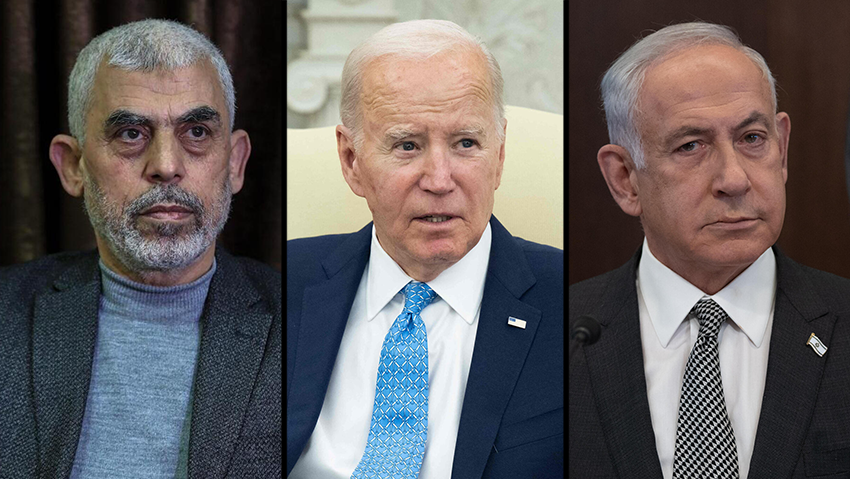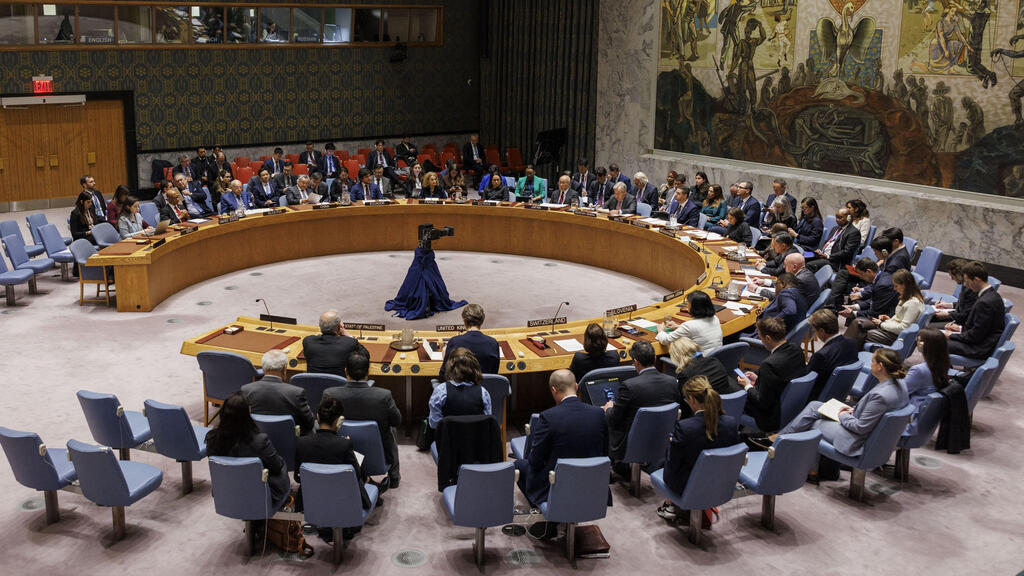Getting your Trinity Audio player ready...
The United States on Thursday presented a revised resolution to the UN Security Council, advocating for a cease-fire in Gaza and the return of Israeli hostages held by Hamas.
The updated resolution calls on Hamas to accept the cease-fire, urging both parties to implement its terms promptly and unconditionally. This is a notable change from the original draft, which did not call on Israel to accept the cease-fire proposal, authored by Israel itself.
The resolution underscores the importance of ongoing diplomatic efforts by Egypt, Qatar and the United States to achieve a comprehensive deal. This deal aims to secure an immediate cease-fire in Gaza, the release of all hostages, a significant and sustained increase in humanitarian aid throughout Gaza and a lasting end to the crisis.
The revised resolution also calls for compliance from both parties and support from UN member states, explicitly rejecting any attempts at demographic or territorial changes in Gaza, such as establishing buffer zones.
Hamas has yet to respond officially, although Arab media reported on Thursday that the group is unlikely to accept the proposal, differing from one made by mediators. A memorandum distributed by Hamas to Palestinian factions stated that the Israeli proposal does not guarantee a permanent cease-fire but only a temporary one. The memorandum criticizes the proposal for being disjointed across its three phases and for enabling Israeli forces to remain in Gaza while securing the release of hostages, after which hostilities could resume.
Hamas also noted that it welcomed President Biden's speech, which laid out the necessary foundations for a permanent cease-fire, withdrawal of Israeli forces from Gaza, substantial aid, the return of displaced persons, rehabilitation and a prisoner exchange. However, Hamas insists that the current Israeli proposal falls short of these requirements.
Despite the Biden administration blaming Hamas for the failure to reach a deal, it has been pressuring Israel, acknowledging objections from Prime Minister Benjamin Netanyahu's coalition partners.
Additionally, a joint statement from Biden and 16 other countries, including Britain, Canada and Germany, urged Hamas to accept the deal. The statement called on the leaders of both Israel and Hamas to make necessary compromises to finalize the agreement.





